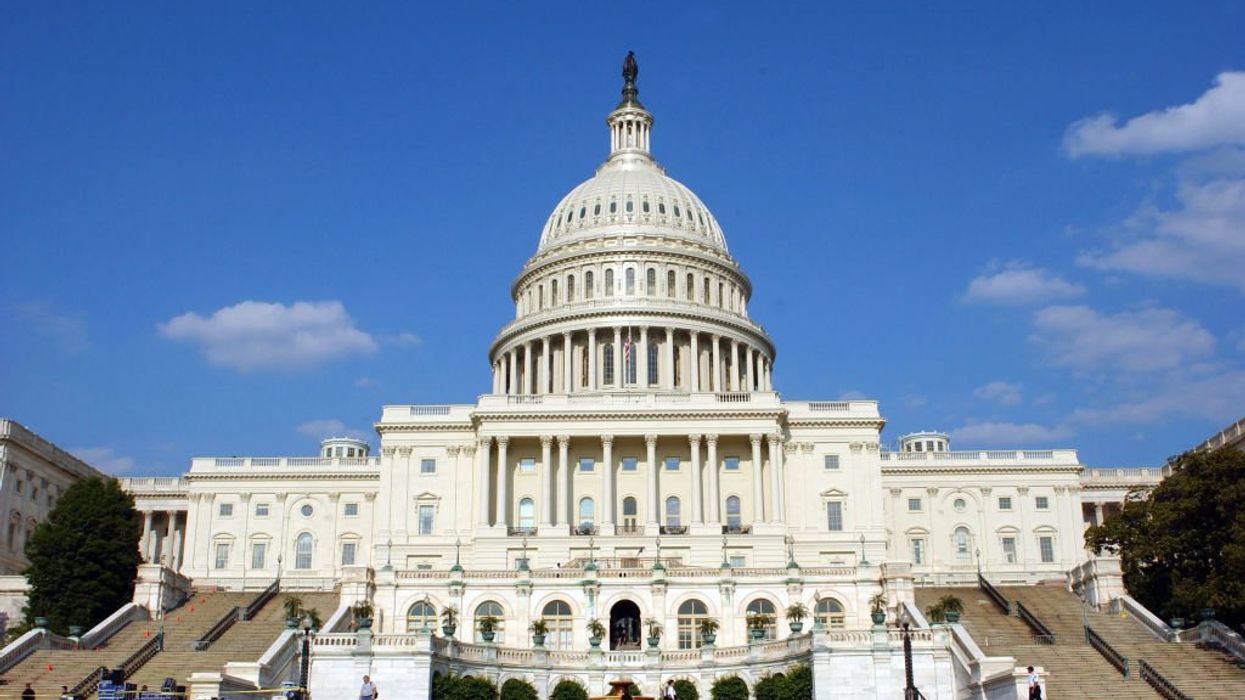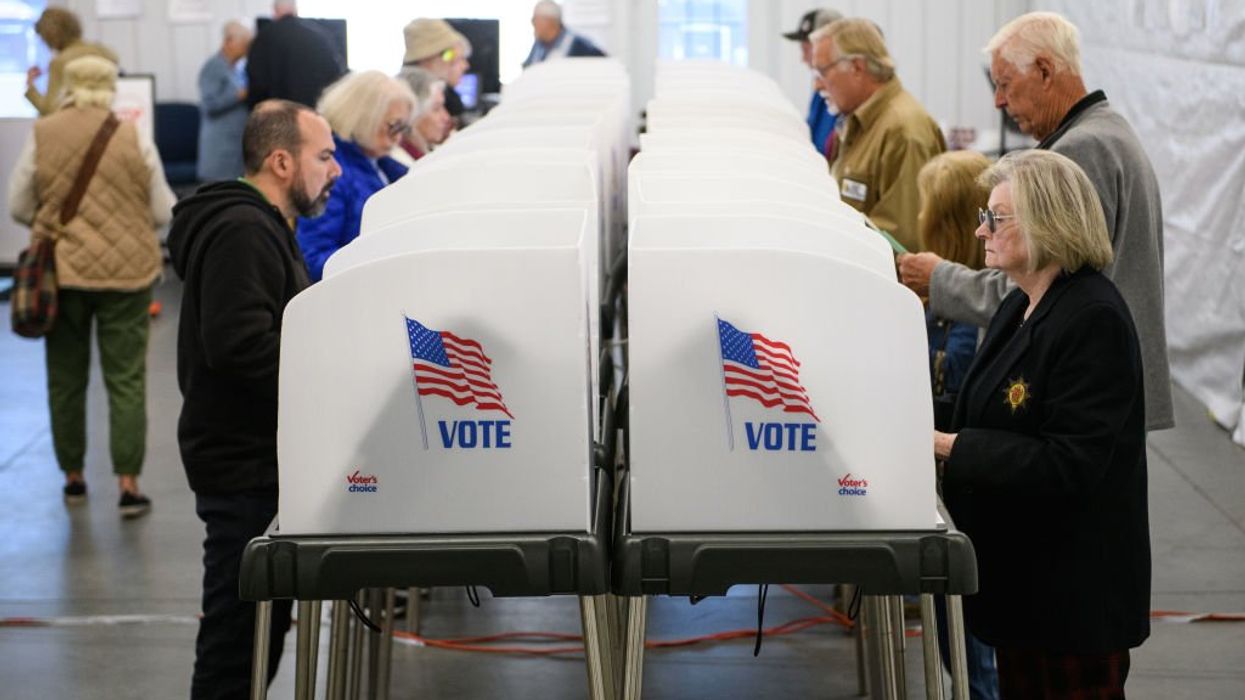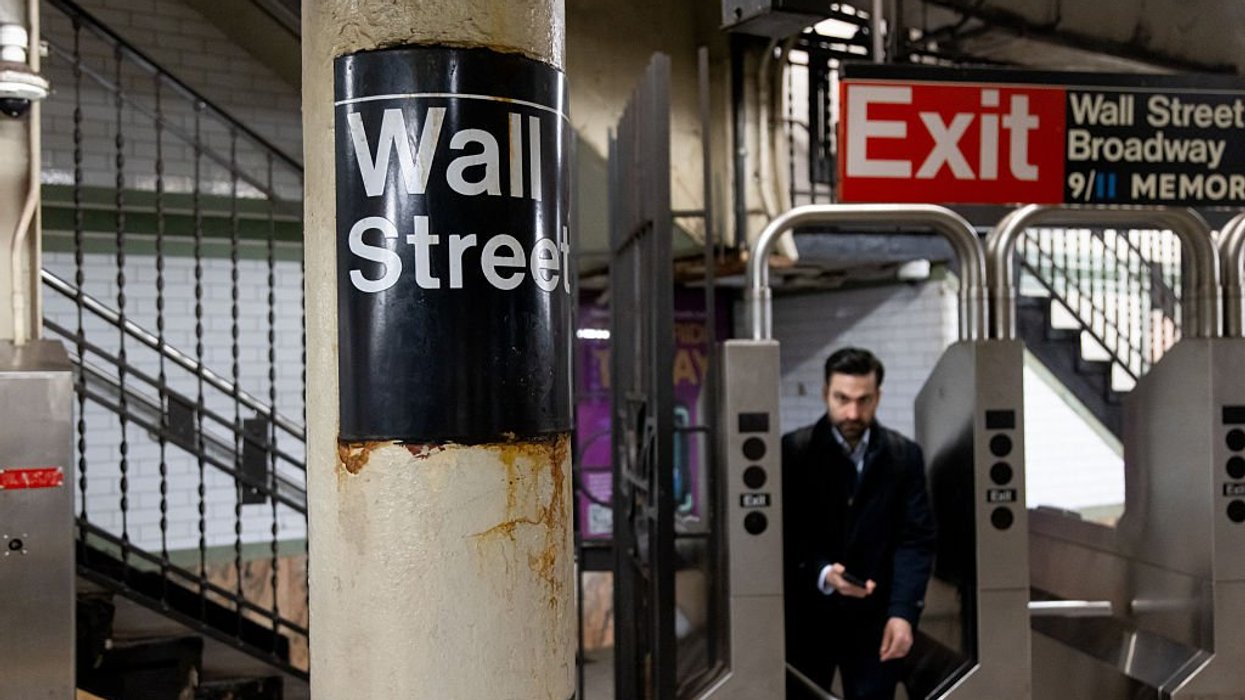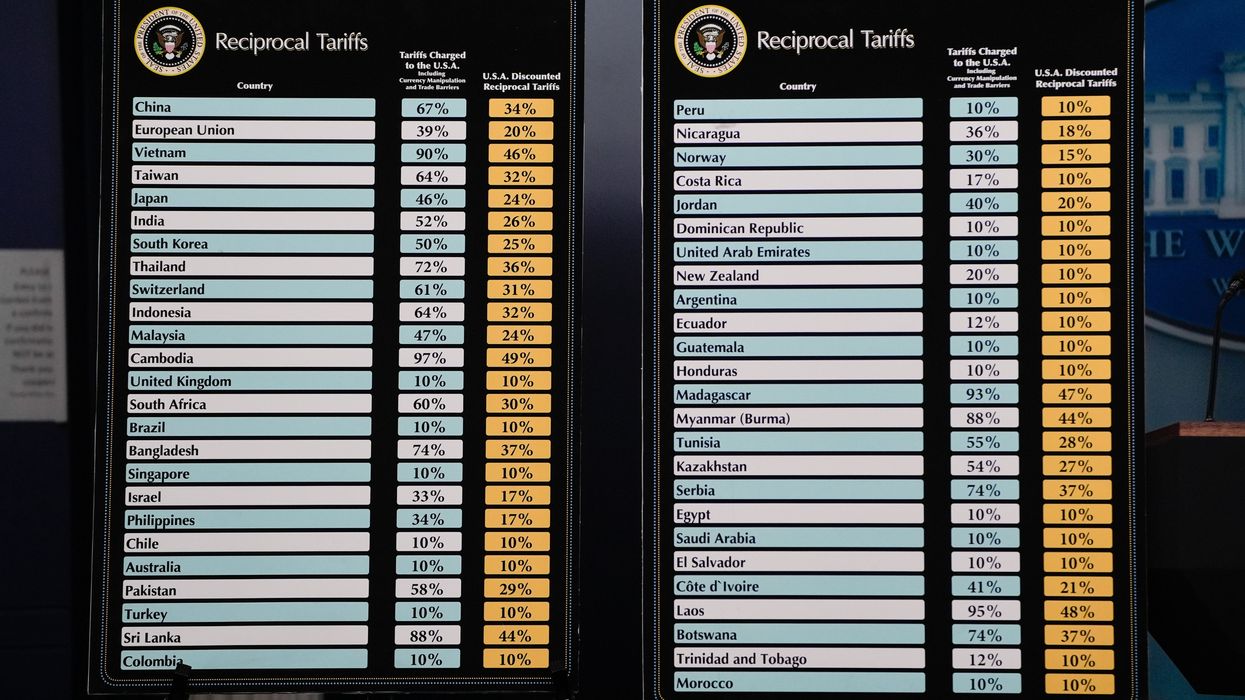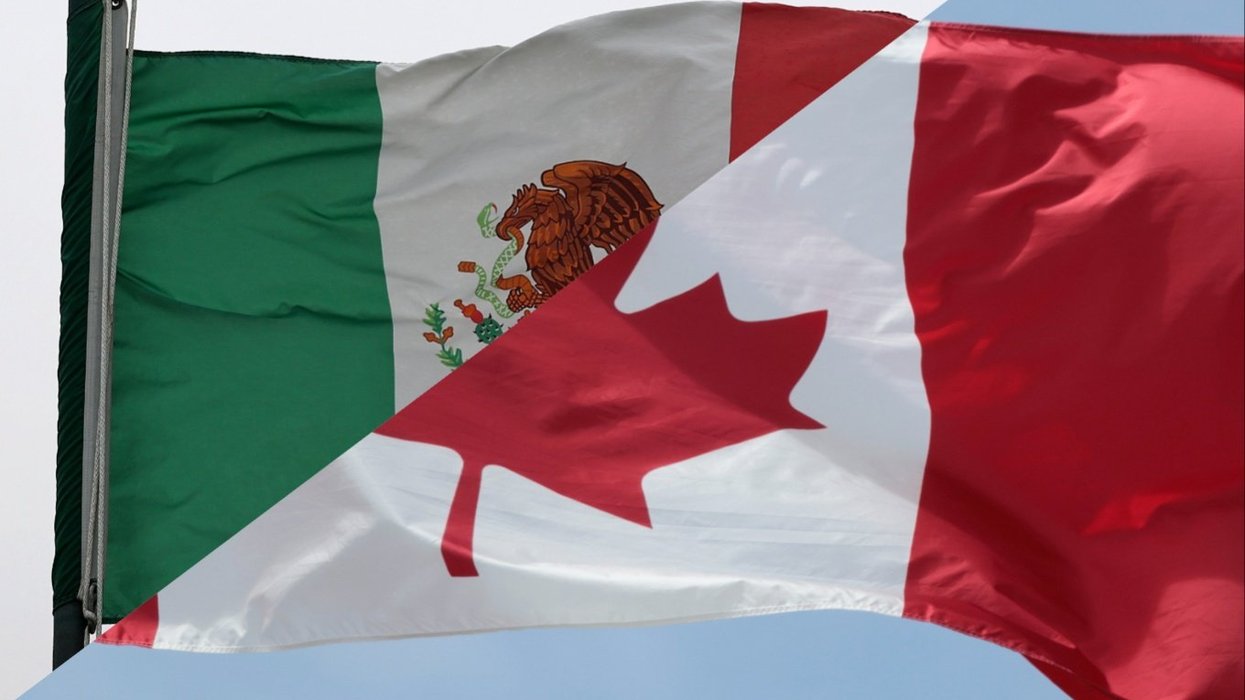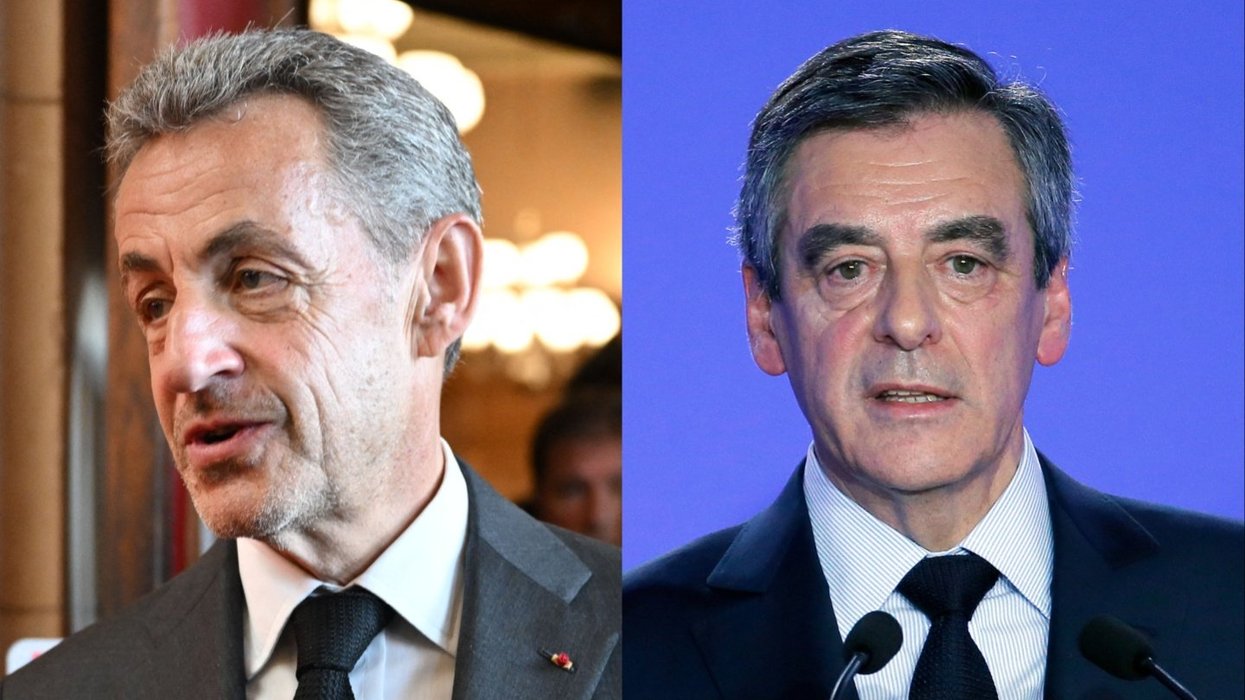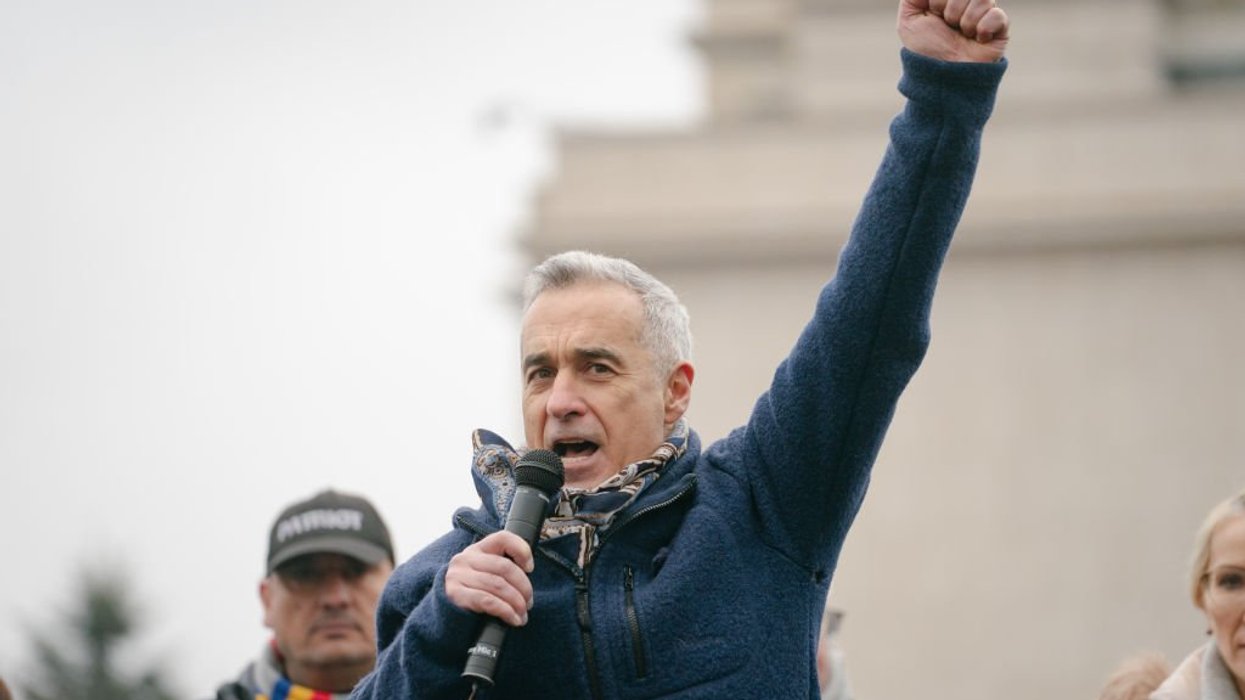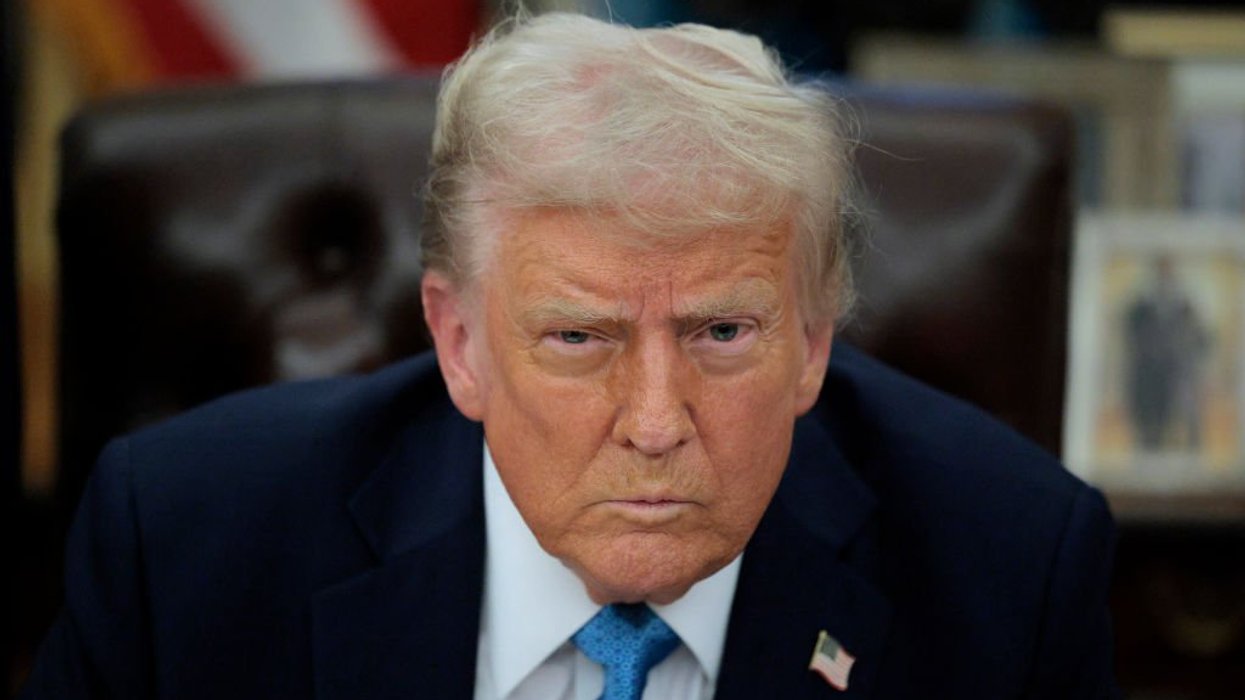The below is based off the monologue from the latest episode of The Wonderful World of Stu. Watch the whole episode HERE.
You may not know this about me, but my world hasn't always been so wonderful.
You see, I used to make minimum wage. Oh, the dreaded minimum wage! The memories…they hurt. The employment, cash, and unlimited access to fries still gives me nightmares. Yes, was once was employed by McDonald's and they paid me the federally mandated minimum. And that is a travesty and a sham and a mockery - its a traveshamockery.
Why? Because I most certainly deserved much, much less.
I was pretty much horrible at my job, unless my job was thievery of McNuggets. I eventually was fired for skipping work on two consecutive weeks, one to play wiffleball and two to go trick or treating with two hot girls from my class.
By the way, I got lucky. Tons of candy that night. I mean neither of the girls would look at me, but I scored three full size milky ways. Boom.
So was life on minimum wage really so terrible? If you listen to the media and either political party, you would think so.

"No one who works full time in America should have to live in poverty. Join the fight to raise the minimum wage." You send nonsense like that when you see it on social networks, and we get anti-social, this time on the minimum wage debate.
Politicians talk about the minimum wage because voters heart the minimum wage. A Gallup poll found that 76% say they would vote for a law to for raise it.

That's a whopping three quarters of the population in agreement! I understand why. If you're not making minimum wage, you feel like its mean not to raise it. And if McDonald’s told my 16-year-old self that they were raising my pay, I would have been psyched. And that's probably how most people who make minimum wage would react when they see this plastered all over the White House website:

Let's take a step back for a second and actually look at who is working for minimum wage.
Let’s take 100 fries represent the workforce in America. How many of them actually make the minimum wage? One. Just one.

"One percent of the us labor force earns the minimum wage." All these evil capitalist businesses out there required only to pay their peasant workers minimum wage and yet only one percent of them actually do it. Doesn't that crush the boogeyman of the evil capitalist right off the bat?
Remember, the issue the White House says is so pressing is people working full time, trying to support a household. Well, of that one percent, teenagers make up the largest age group.
In fact, "most minimum wage workers are under 25." 55% of minimum wage workers are under the age of 25. Ok, so we've established it's mostly kids making minimum wage. I say kids because they're all on mommy and daddy's health insurance. But surely they're at least full time like the president said, right?
"Less than one-third work full-time." Only 32% of minimum wage workers work full time. This is how progressives fight battles by the way. They look at an issue this big, like a pile of 100 fries, and only tell you about this part of it 1/3rd of one fry, but according to the president, these full time minimum wage earners are living in poverty-and that's why he wants to raise the wage.
Yeah, about that. You see, a full time minimum wage worker in 2014 makes $3,410 dollars more than the federal poverty limit. So, depending on his family size, a full time minimum wage worker could take as much as 11 weeks of unpaid vacation and still clear the poverty line. He might not make the kind of cash Obama and his friends make, but someone should tell the president to look at their own numbers before running his mouth.
So why is this administration obsessed with raising the wages of a fraction of 1% of the country that is already living above the poverty line?
Do you remember the State of the Union? Remember how happy AFL-CIO President Richard Trumka was. Why was he so happy?
Labor unions, like Trumka's AFL-CIO, universally throw their support behind proposals to hike the minimum wage. But why? Union workers don’t make minimum wage. Well, some unions peg their base-line wages to the minimum wage. The United Food and Commercial Workers (UFCW) union explained that this is a commonplace practice.
"Often times, union contracts are triggered to implement wage hikes in the case of minimum wage increases…such increases are one of the many advantages of being a union member."
You see what I'm getting at here, don't you?
A hike in the minimum wage isn't just a hike in the minimum wage. It’s a hike in the union wage. But, the progressive union slush fund giveaway act has a terrible ring to it- so minimum wage it is.
Higher minimum wage means higher union wages, higher union dues, more money to spend on Democratic campaigns. A higher minimum wage also means more job security for union members. The increase restricts businesses from hiring lower skilled workers who would gladly accept a lower wage in exchange for experience. And that same principle applies to every workplace when it comes to raising the minimum wage artificially. What does that mean for unemployment? A study called "effects of the minimum wage on employment dynamics" from Texas A&M University found that: "a ten percent increase to the minimum wage results in a reduction of approximately one-quarter of the net job growth rate."
The President is currently pushing not a 10 percent increase, but a 40 percent increase in the minimum wage. Progressives have always done that. What was their goal? Unemployment and of course, eugenics.
Sidney Webb, English economist and Co-Founder of the Fabian Society in the early 1900s, believed that establishing a minimum wage above the value of "the unemployables" as he called them, would lock them out of the market thus eliminating them as a class.

“Of all ways of dealing with these unfortunate parasites the most ruinous to the community is to allow them unrestrainedly to compete as wage earners." – Sidney Webb
Many in America shared this belief as well. Around the same time, a Princeton economist said this: "It is much better to enact a minimum-wage law even if it deprives these unfortunates of work, better that the state should support the inefficient wholly and prevent the multiplication of the breed than subsidize incompetence and unthrift, enabling them to bring forth more of their kind."
Who was that Princeton economist? Royal Meeker, U.S. Commissioner of Labor, under Woodrow Wilson.
Remember in the beginning we showed the poll that said most Americans support an increase in minimum wage? 75%. A really popular policy.

What happens when you ask Americans if they favored minimum wage if it caused some employers to lay off workers.

Favor: 37%. Oppose? 56%.
Most Americans would oppose raising the minimum wage. There is disagreement on how many jobs would be lost, but economists generally agree- if you raise the minimum wage, some jobs will be lost. But the American people never hear that. As soon as they do, they completely turn on this horrible policy, one with an ugly past, and an incredibly corrupt present.
To review: 1) Americans love the minimum wage, unless you tell them the truth about it. 2) Minimum wage has a past that could make a decent horror film. 3) Unions want increases in minimum wage because it means more cash for them, and more campaign cash for Democrats.
What an adorable circle of corruption. Give me more fries.
WATCH:

